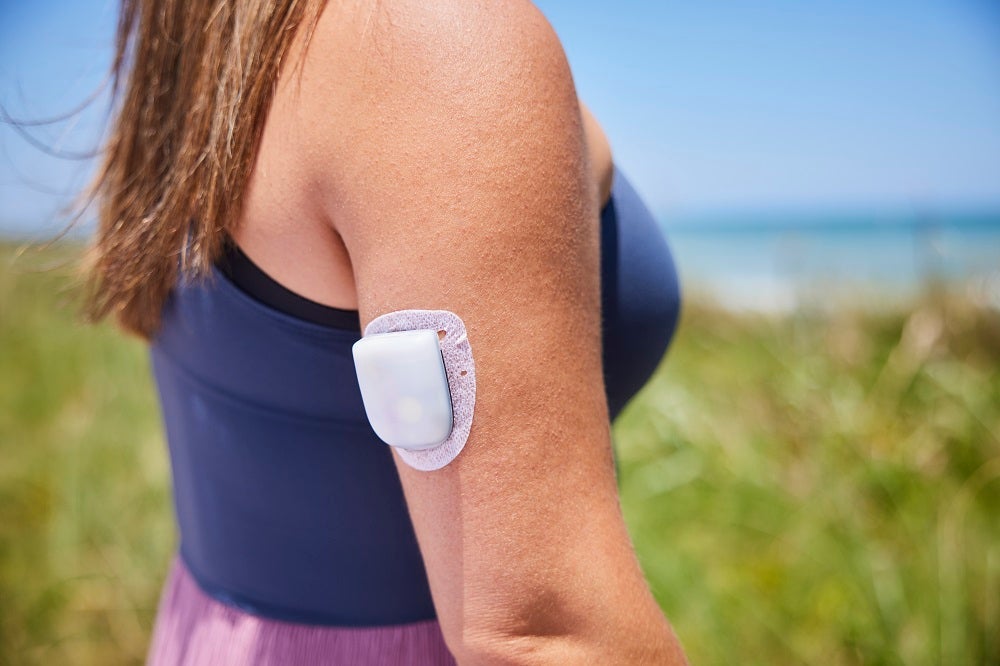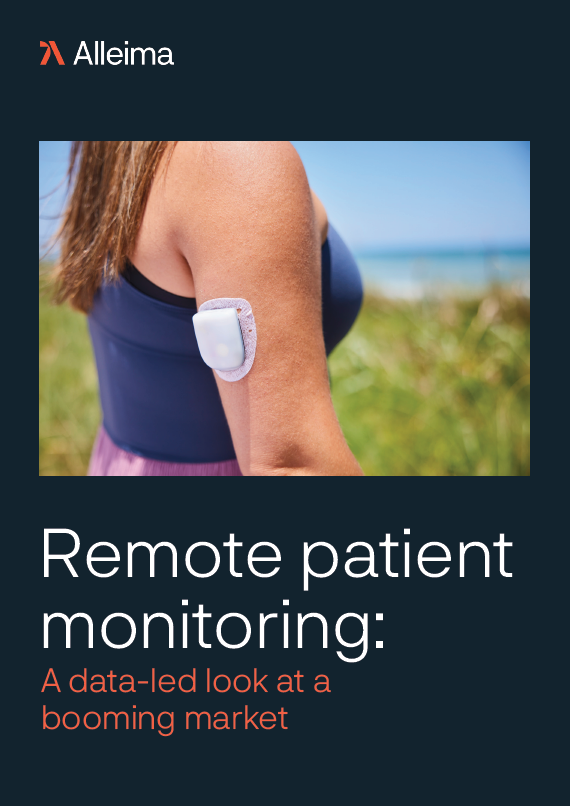
One of the most significant advances in healthcare has been the rise of remote patient monitoring (RPM) technologies. Its integration into routine care practices has the potential to not only improve patient outcomes but also revolutionise the entire healthcare landscape, making treatments more accessible, efficient, and patient-centred. As technology continues to evolve, remote patient monitoring stands to play an increasingly pivotal role in shaping the future of healthcare.
According to a GlobalData poll, attitudes towards the use of remote monitoring devices have significantly improved compared with before the pandemic, with two-thirds of respondents (66%) stating that they are more willing to use them. The market is forecast to continue to grow significantly, reaching $760m by 2030, as RPM becomes an integral part of the medical landscape for patients globally.
The Covid-19 pandemic had a considerable impact on the growth of the RPM market, but an ageing global population is predicted to further demand. The World Health Organisation projects that between 2015 and 2050, the proportion of the world’s population aged over 60 years will nearly double from 12% to 22%.
Advancing remote monitoring device manufacturing
Advances in wearable devices, sensors, mobile apps, and telemedicine platforms form the backbone of RPM. Wearables such as smartwatches, fitness trackers, and specialised medical sensors can track various health metrics such as heart rate, blood pressure, glucose levels, and even electrocardiogram (ECG) data. These devices seamlessly transmit data to healthcare professionals, enabling them to make informed decisions more efficiently.
With remote monitoring, patients experience greater convenience, as they can manage their health without frequent clinic visits, leading to improved compliance with treatment plans and increased engagement in their care. Moreover, RPM facilitates proactive healthcare, enabling early detection of health issues and reducing the risk of hospital readmissions. For healthcare providers, it offers a more comprehensive view of a patient’s health status, leading to better-informed decisions, reduced workload, and optimised resource allocation.
Looking ahead, the future of RPM appears promising. Continued innovation will likely enhance device accuracy, improve data integration, and broaden the scope of conditions that can be monitored remotely. Additionally, the integration of artificial intelligence and machine learning algorithms could revolutionise data analysis, enabling more predictive and personalised healthcare treatments.
Remote monitoring devices will also need to last for the long term. To enable this, the medical wire components of RPMs require strong fatigue resistance, alongside having high reliability and accuracy in their ability to sense changes and transmit real-time data.
Alleima supplies a broad range of customised ultra-fine medical wire, offering partners a “one-stop-shop” approach for their medical wire component needs. Utilising expertise in metallurgy, more than 200 alloys, and various customisations such as coiling and coatings, Alleima has worked with manufacturers to design and develop medical wire components for devices such as continuous glucose monitors, guidewires, and deep brain stimulation systems.
With further exciting advances on the horizon, now is the ideal time to form partnerships with medical device component experts to co-develop a product that can change patients’ lives.
Powered by GlobalData, Alleima has created a data-led whitepaper about the remote patient monitoring market, including the industry trends that manufacturers should look out for. Download to learn more.



